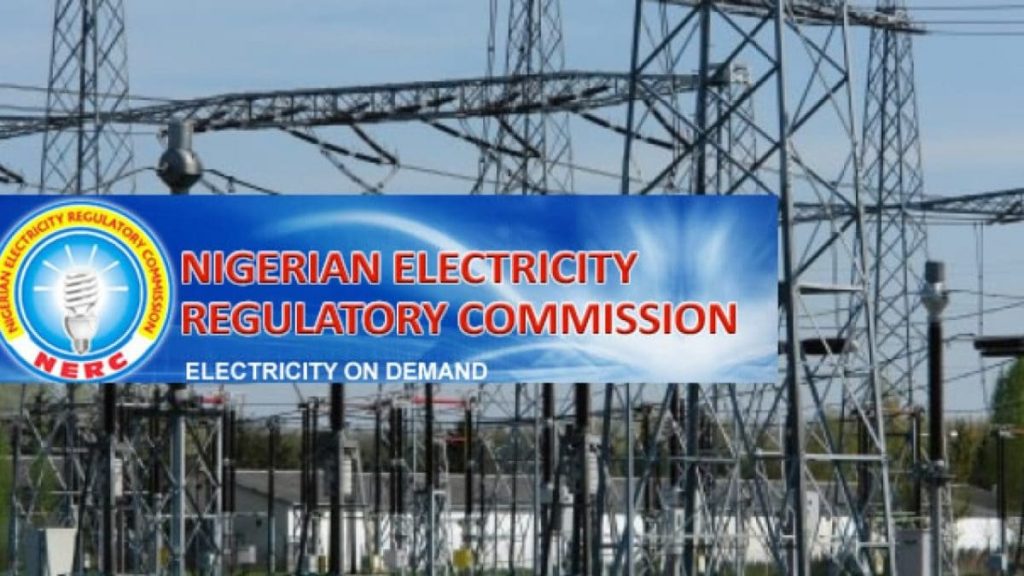The Nigerian Electricity Regulatory Commission (NERC) has announced plans to collaborate with the Economic and Financial Crimes Commission (EFCC) to tackle electricity theft and other illicit practices in the power sector. According to NERC Chairman Abdullahi Ramat, the partnership aims to apprehend offenders and bring an end to meter bypass and electricity theft.
Ramat, who is awaiting Senate confirmation, stated that his administration will leverage technology to address major challenges facing the power sector. He plans to develop an app that will integrate with the APIs of distribution companies (DISCOs) and provide real-time visibility of payment channels and system operations. The app, which will be available on both Android and iOS, is expected to enhance the commission’s monitoring and regulatory capabilities.
In addition to the app, NERC will deploy a whistleblowing tool to enable citizens to report cases of electricity theft, meter bypass, and illegal connections anonymously. The tool is modeled after the LURA app, a community policing software that Ramat pioneered at the local government level. The commission will work with the EFCC to enforce arrests, apply name-and-shame measures, and prosecute offenders, with penalties of up to three years’ imprisonment, as provided by the Electricity Act 2023.
The move is expected to curb electricity theft, reduce tariffs, and promote a more efficient power sector. Ramat noted that challenges in the sector are significant, with almost 50% of generated power being lost, leaving efficiency at barely half capacity. He emphasized that ending electricity theft and vandalism is a collective responsibility, as honest customers should not be burdened with paying for the crimes of electricity thieves.
The NERC chairman also highlighted the need for digitization in the power sector, citing the mixed ownership structure as a major obstacle. He believes that the commission can drive full digitization across the value chain through the deployment of information technology. By optimizing operations, streamlining processes, and integrating payment and monitoring systems, Nigeria can stabilize the grid, enforce transparency, and reduce losses.
Ramat cautioned that the failure to embrace technology and digitization can have far-reaching consequences, including the loss of tax revenue, regulatory control, and national sovereignty. He emphasized that automation and e-governance are essential for Nigeria’s global competitiveness and that urgent action is needed to bridge the gap between the public and private sectors. With the collaboration between NERC and EFCC, the power sector is poised for significant reforms, and the fight against electricity theft is expected to gain momentum.
